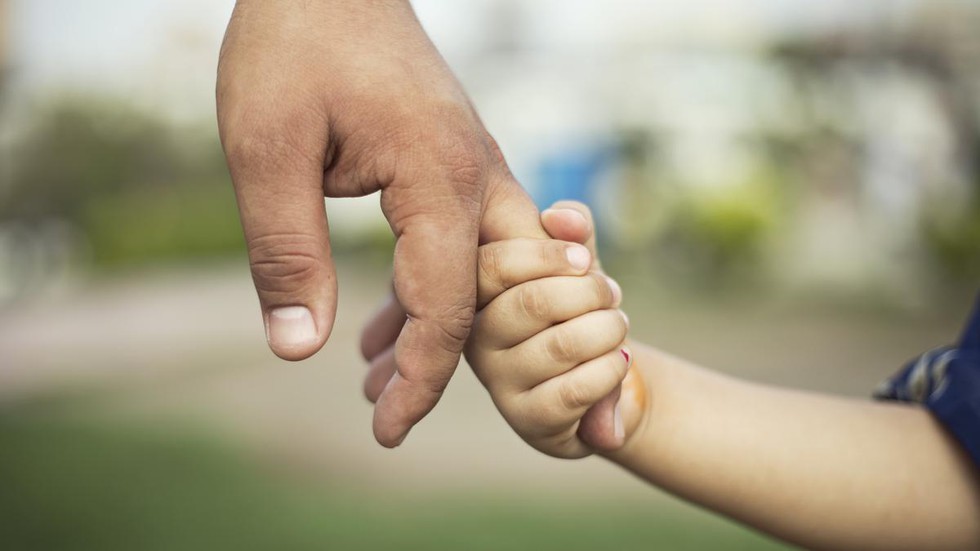About Central Adoption Resource Authority (CARA):
- It is a statutory body of the Ministry of Women & Child Development, Government of India.
- It was established in 1990 as an autonomous body.
- Through Section 68 of the Juvenile Justice (Care and Protection of Children) Act, 2015 (JJ Act 2015), CARA attained the status of a statutory body.
- It functions as the nodal body for adoption of Indian children and is mandated to monitor and regulate in-country and inter-country adoptions.
- CARA is designated as the Central Authority to deal with intercountry adoptions in accordance with the provisions of the Hague Convention on Intercountry Adoption, 1993, ratified by the Government of India in 2003.
- CARA primarily deals with the adoption of orphan, abandoned, and surrendered children through its associated/recognised adoption agencies.
- In India, a child can be placed with a family under the Hindu Adoption and Maintenance Act 1956, Guardians and Wards Act, 1890 and Juvenile Justice Act, 2000.
- The mandatory registration of Child Care Institutions (CCIs) and linking to CARA has been provided in the JJ Act 2015.
- Functions of CARA:
- Monitor and regulate the procedure for in-country adoption;
- Receive applications of an Non-Resident Indian (NRI) or Overseas Citizen of India (OCI) or a foreigner living abroad through authorised adoption agency or Central Authority or the Government department or the Indian diplomatic mission concerned and process the same;
- Receive and process applications received from a foreigner or an OCI residing in India for one year or more, and who is interested in adopting a child from India;
- Issue No Objection Certificate in all cases of intercountry adoptions;
- Issue Conformity Certificate in the inter-country adoption cases under Article 23 of the Hague Adoption Convention in respect of intercountry adoption;
- Intimate the immigration authorities of India and the receiving country of the child about the inter-country adoption cases;
- Provide support and guidance to State Adoption Resource Agencies, District Child Protection Units, Specialised Adoption Agencies, and other stakeholders of adoption in related matters, through trainings, workshops, exposure visits, consultations, conferences, seminars, and other capacity-building programmes;
- Coordinate with State Governments or the State Adoption Resource Agencies and advise them in adoption related matters;
- Establish uniform standards and indicators;
- Conduct research, documentation, and publication on adoption and related matters;
- Maintain a comprehensive centralised database relating to children and prospective adoptive parents for the purpose of adoption in the Child Adoption Resource Information and Guidance System;
- Maintain a confidential centralised database relating to children placed in adoption and adoptive parents;
- Carry out advocacy, awareness and information, education, and communication activities for promoting adoption and other non-institutional child care services;
- Enter into bilateral agreements with foreign Central Authorities as prescribed under the Hague Adoption Convention, wherever necessary;
- Authorise foreign adoption agencies to sponsor applications of NRI or OCI or foreign prospective adoptive parents for intercountry adoption of Indian children;
- Set up counselling Centre in its headquarters and support State Adoption Resource Agencies for setting up of counseling centre at the State and District levels;
- It monitors and regulates bodies such as the State Adoption Resource Agency (SARA), Specialised Adoption Agency (SAA), Authorised Foreign Adoption Agency (AFAA), Child Welfare Committees (CWCs), and District Child Protective Units (DPUs).
